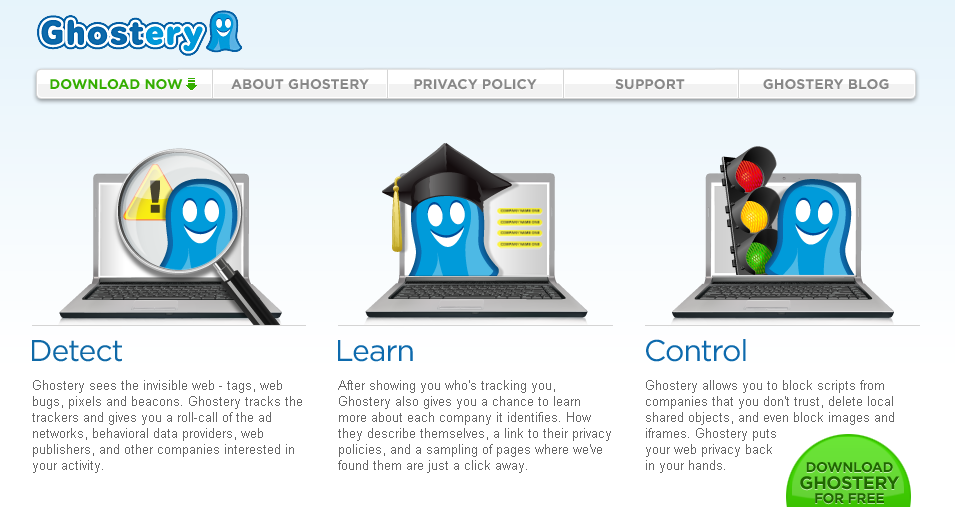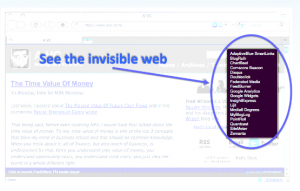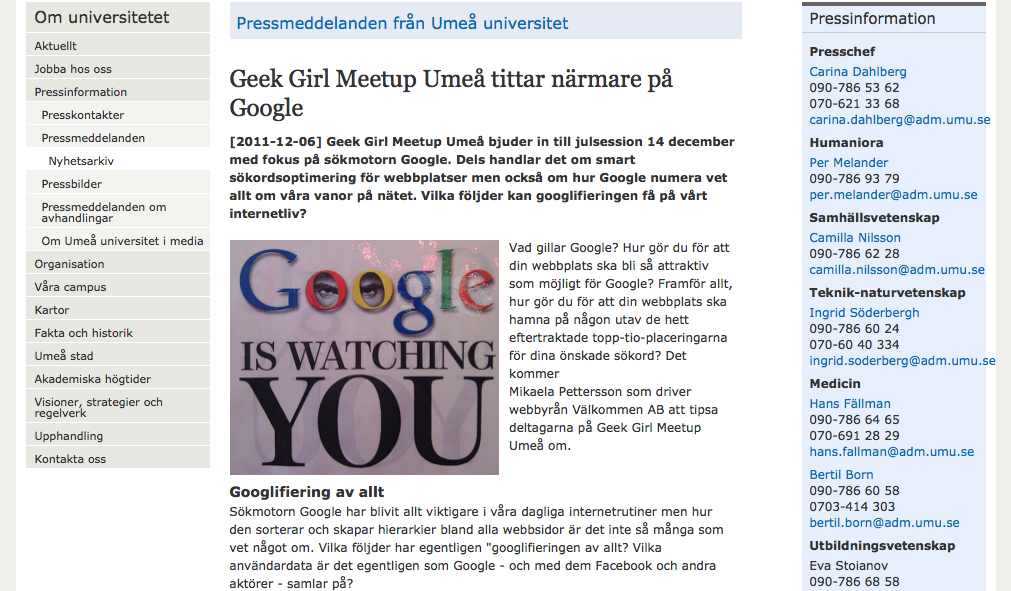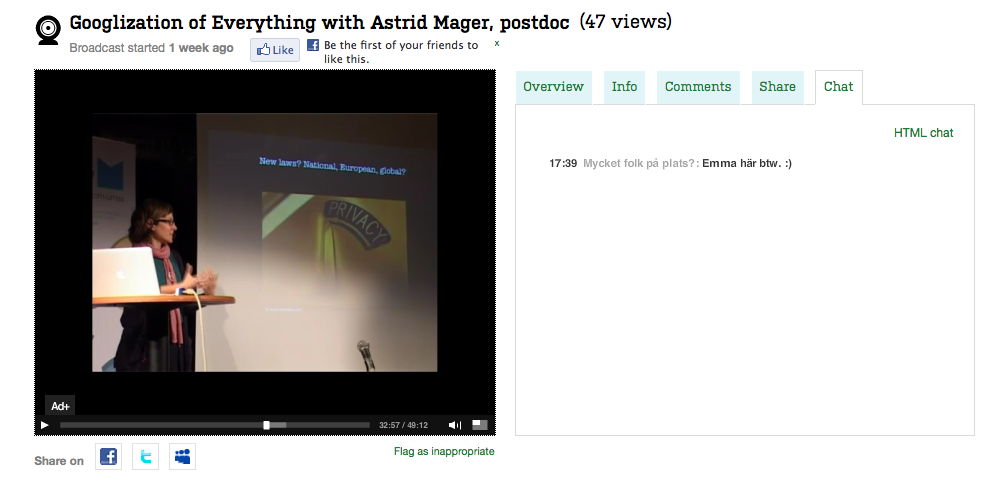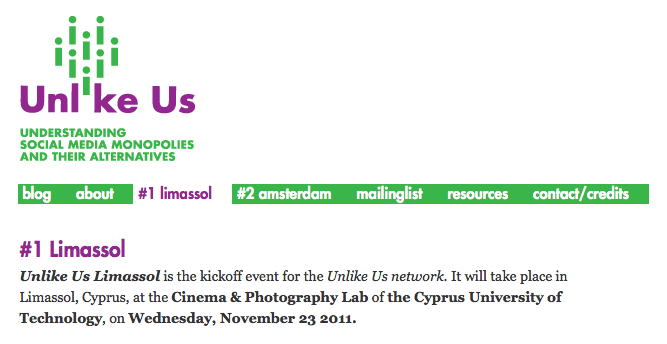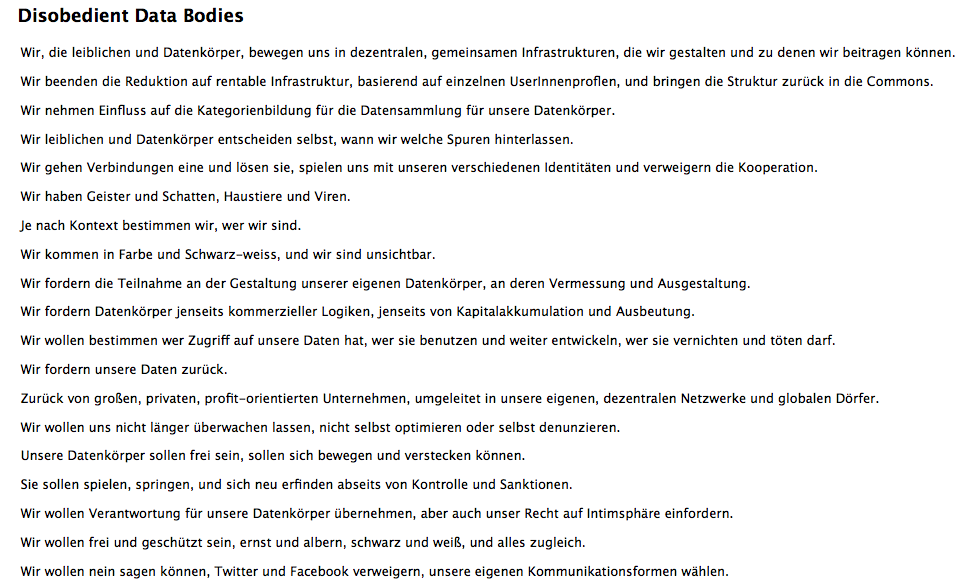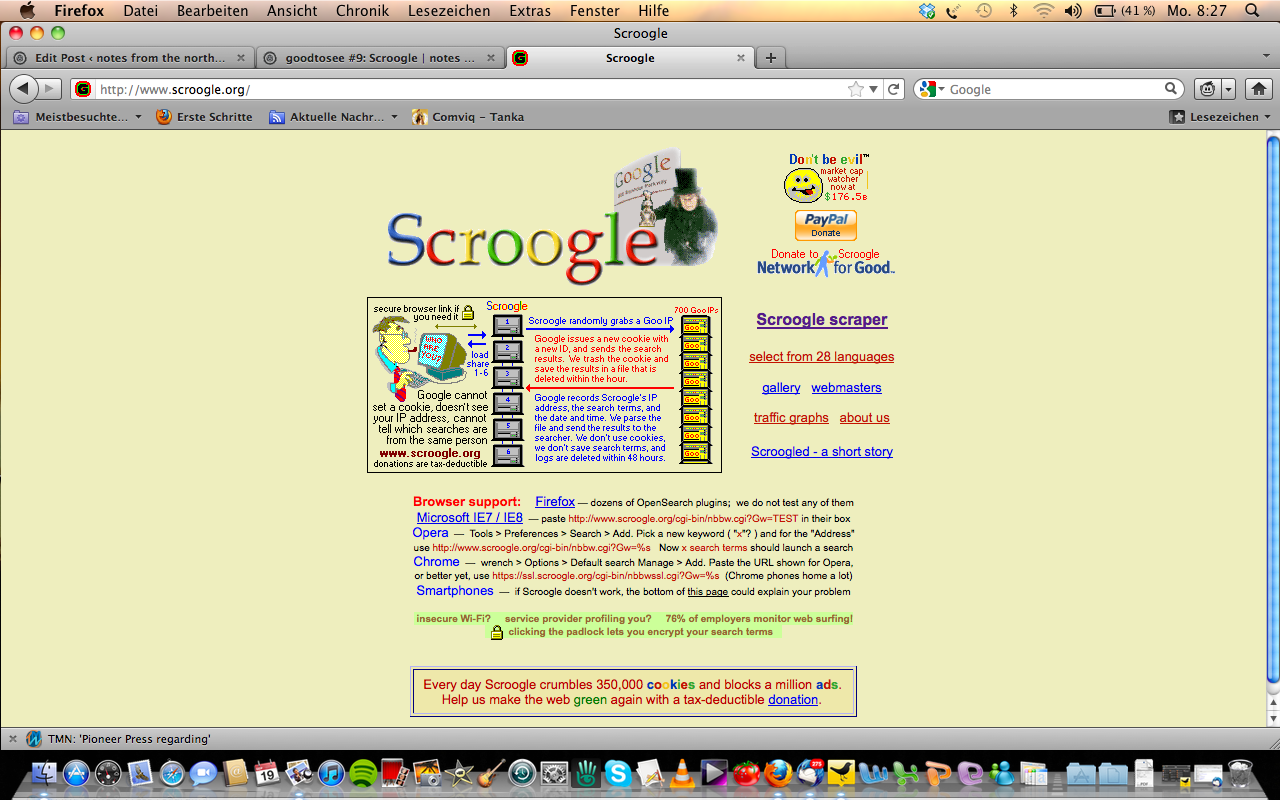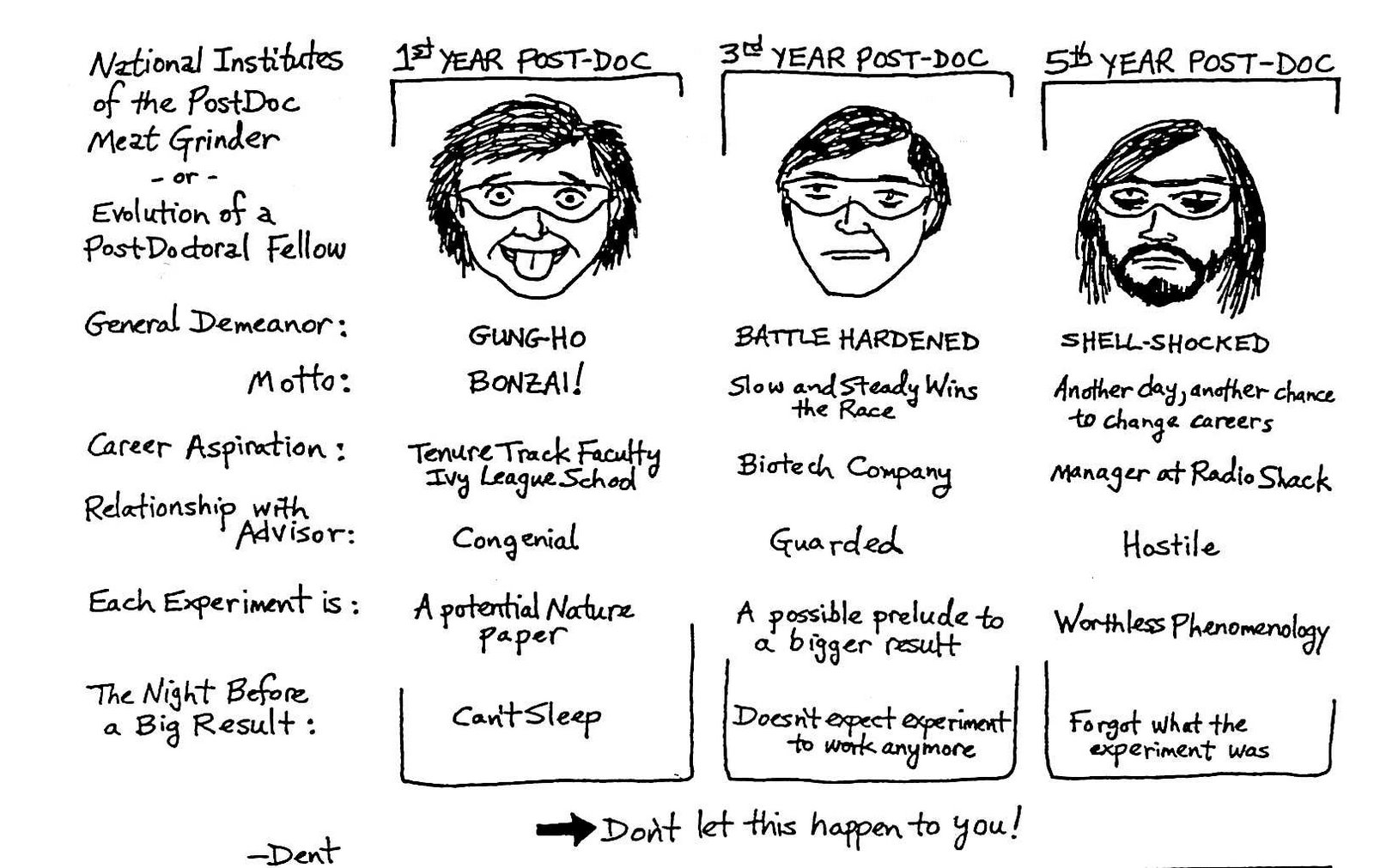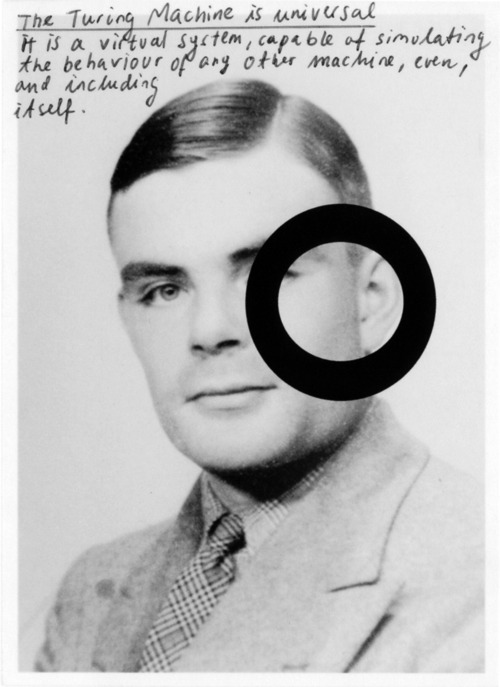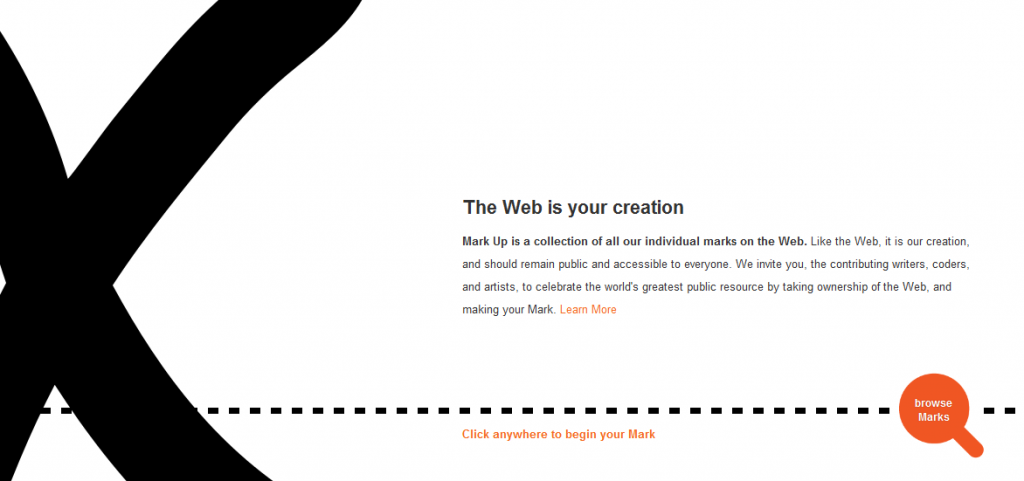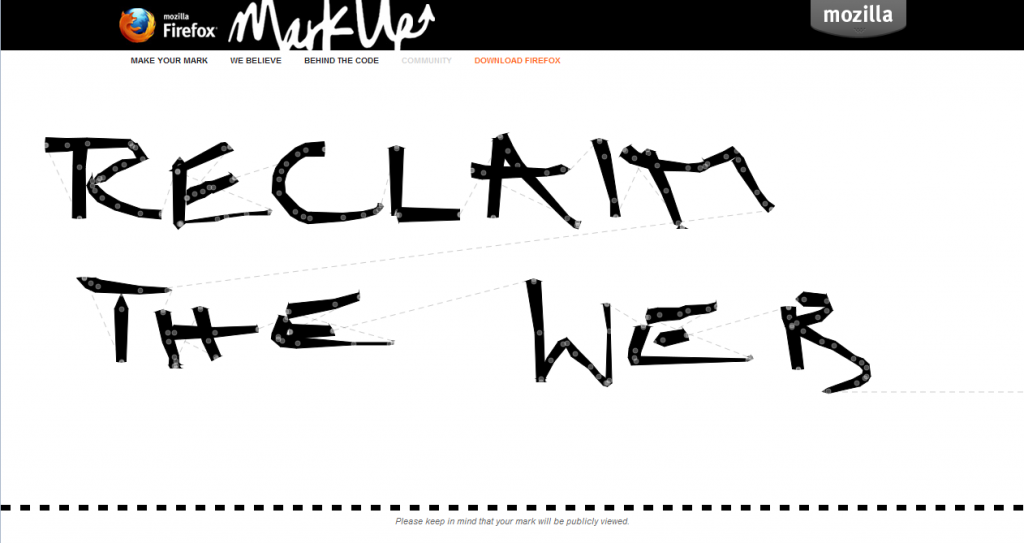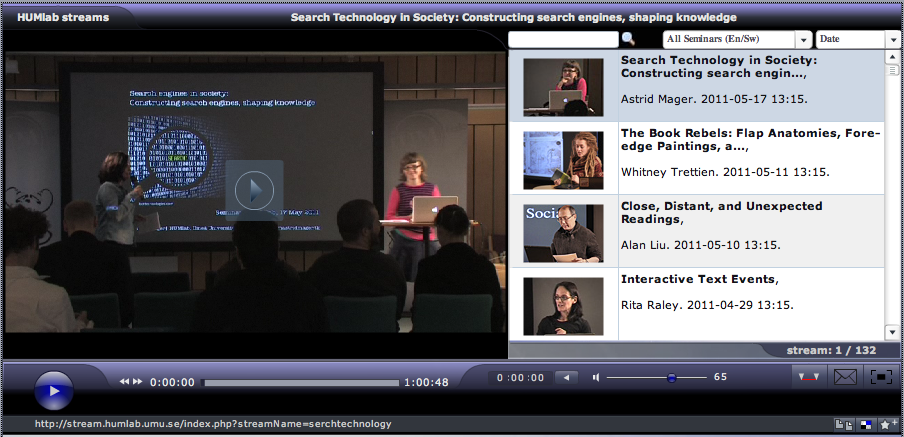This is a great project! The online game DATA DEALER playfully deals with practices of user profiling, sellout of private data, privacy violations etc companies like Google, Facebook, and other for-profit IT companies raise with their advertising-based business models. In the article Algorithmic Ideology I’ve shwon that the power of search engines (and social media platforms, &&&) is enacted and stabilized in a complex network of actors and social practices. I’ve argued that it’s not enough to blame Google (and other companies) for making profit and having gained a quasi-monopolist position on the internet . Rather, it’s important to understand how various actors including programmers and advertisers, but also policy makers, journalists, jurists – and last but not least – users help to stabilize its powerful role by simply using their services and contributing their data to the sophisticated caplitalist accumulation cycle. Accordingly, critically examining and debating business models and practices of Google, Facebook & co is a valuable first step on the long road towards a better understanding of new media services and, ultimately, a change of existing and future practices, products and privacy settings. The reform of the EU data protection law, for example, is a long and tough negotiation process! Playing, supporting, and sharing DATA DEALER, on the contrary, is a quick move enabling us to think about and raise awareness on the matter. And it is fun too!
If you wanna join the undertaking, go to their website, watch their video trailer, install the demo version or donate money. They’ve managed to raise $50 000 via crowdfunding just recently. I’m sure they’ll manage to create an awesome – non-profit (!) – online game! Good luck!!!

